Unit | Household Economics and Health Systems Research
The main objective of the Household Economics & Health Systems Research unit is to study the interactions between individuals and the larger health system environment, with a particular focus on human behavior, as well as individual incentives and constraints. Most of the traditional public health literature has had a strong societal or population-level focus, with relatively little attention given to the decision processes underpinning the behavior of individuals and their families.
Identifying the motives and constraints underlying individual decision making is not only critical for understanding specific health behaviors, but also for designing the most effective interventions to achieve improved health outcomes. Through an explicit multi-disciplinary focus on the interactions between individuals, households, policy makers and the larger health system, our objectives are to 1) identify and overcome barriers to the adoption of healthy behaviors; 2) to improve health systems performance; and 3) to quantify the economic consequences of improved health at the individual and population level.

Günther Fink
Prof. Dr.
Head of Unit
+41612848354
,
**
guenther.fink@swisstph.ch
Project Highlights
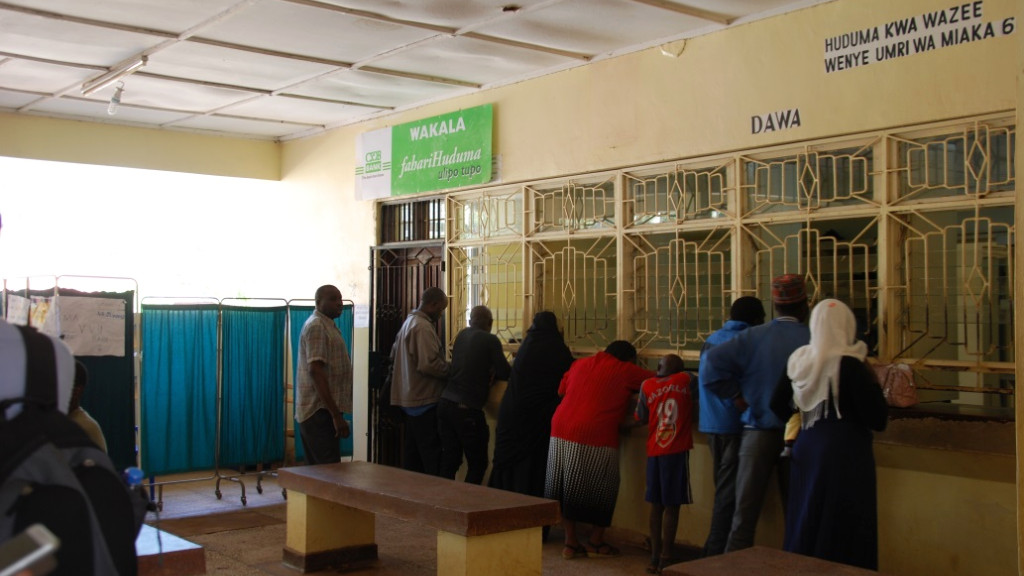
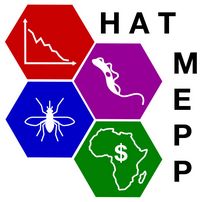

Health Systems Governance in Ghana and Tanzania
The project aims to address two related public health challenges in Ghana and in Tanzania: how to better identify and reach excluded population to include them in financing protection mechanisms; and how to improve health system accountability mechanisms and civil society governance to support the implementation of inclusive and sustainable social health protection systems. The project will contribute to improving access to better quality, more accountable and better governed health services. Results are expected to identify opportunities or challenges for governance, in particular the involvement of civil society, in enhancing design and implementation of social health protection. Read more.
Human African Trypanosomiasis Modelling and Economic Predictions for Policy
The HAT MEPP project is an international, multidisciplinary research project funded by the Bill and Melinda Gates Foundation to support planning and implementation of Gambian HAT interventions through the use of mathematical modelling predictions and economic analyses. Our group is part of a team of modellers and economists, led by the University of Warwick, working with key partners in HAT-affected countries to develop regional, policy-ready modelling frameworks and produce predictive results that support decision-makers in the national control programmes. Read more
Caregiver Reported Early Childhood Development Instruments (CREDI)
Despite a remarkable increase in research on early childhood development worldwide, internationally validated measures of child development remain scarce. The Caregiver Reported Early Development Instruments (CREDI) were designed to provide a population-level measure of early childhood development (ECD) for children from birth to age three. As its name suggests, the CREDI relies exclusively on caregiver reports and therefore focuses primarily on milestones and behaviours that are easy for caregivers to understand, observe, and describe. To date, the CREDI has been used in more than 20 countries. More information on the project website
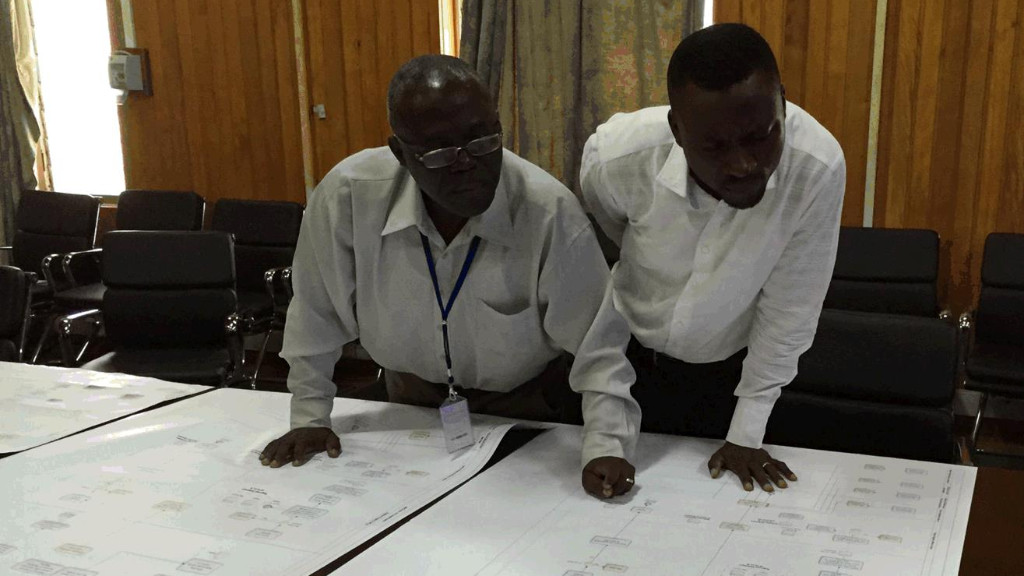
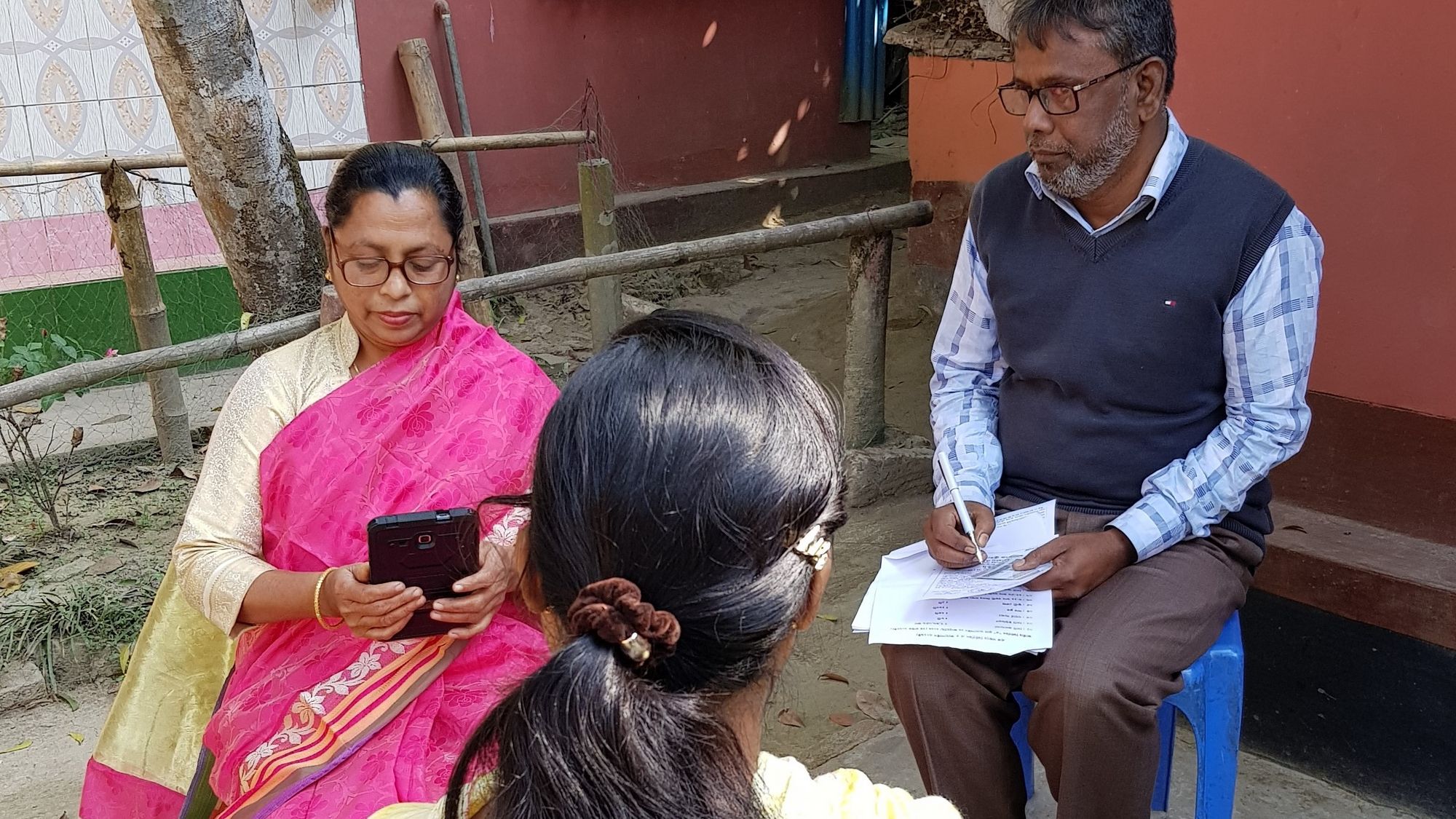

Data for Health
Civil Registration and Vital Statistics (CRVS) systems are essential to produce timely and reliable vital statistics on births, deaths and causes of death to inform public health policy; respond to emerging health needs and epidemics; and document progress towards Sustainable Development Goals. Since 2015, Swiss TPH has collaborated with the Bloomberg Data for Health Initiative (D4H) to strengthen CRVS systems in 20 countries in Africa, Asia and Latin America. Our role is to think “out of the box” to find ways to improve CRVS system’s performance through research and innovation. For more information, visit the website of the Bloomberg D4H Initiative.
WHO Verbal Autopsy Reference Group
Reliable and comparable data on the levels and causes of mortality are cornerstones for building a solid evidence base for health policy, planning, monitoring and evaluation. In settings where the cause of death cannot be medically determined, such as deaths occuring in the community, verbal autopsy (VA) can be used. VA uses information obtained from the caregivers of recently deceased persons, interpreted by physicians or analysed by computer algorithms, to determine the most likely cause of death - valid for application at the population level.
In order to standarise VA methods, quality assessment and combination of data from different sources, international collaboration is required and the WHO has established the “WHO VA Reference Group” (VARG). Visit the VARG website for more information.
Global Health Africa - Circulating Knowledge and Innovations
This interdisciplinary research project investigates knowledge, practices and applications related to the improvement of health and healthcare which have been developed or designed in Africa, and have become – or have the potential to become – relevant to questions of health globally.
A collaborative project between the University of Basel, Swiss Institute for Tropical and Public Health, and the École Polytechnique Fédérale de Lausanne (EFPL), it brings together experts in African history, public health and urban planning working with African partners in Kenya, Tanzania, Zambia and Côte d’Ivoire. It is a Sinergia project funded by the Swiss National Science Foundation. Read more
Latest Publications
All Swiss TPH PublicationsAfriyie D.O, Titi-Ofei R, Masiye F, Chansa C, Fink G. The political economy of national health insurance schemes: evidence from Zambia. Health Policy Plan. 2025;40(1):66-74. DOI: 10.1093/heapol/czae094
Antillon M, Verjans A, El Sheikh F, Scarna T, Mvundura M. Microarray patch vaccines for typhoid conjugate vaccines: a global cost-effectiveness analysis. Vaccine. 2025;53:127055. DOI: 10.1016/j.vaccine.2025.127055
Chong J.J, Fink G, Saxena A. Scaling up perinatal care: health benefits for infant survival in high-burden countries. Popul Dev Rev. 2025(in press). DOI: 10.1111/padr.70004
Draper C.E, Fink G, McCoy D.C, Nores M, Yousafzai A.K. Beyond deficit models in early childhood development science - Authors' reply. Lancet. 2025;405(10495):2127-2128. DOI: 10.1016/s0140-6736(25)00626-9
Ferrer J.M.E et al. Stroke outcomes in a population-focused urban hypertension program in Brazil and Senegal. J Am Heart Assoc. 2025;14(9):e038816. DOI: 10.1161/jaha.124.038816
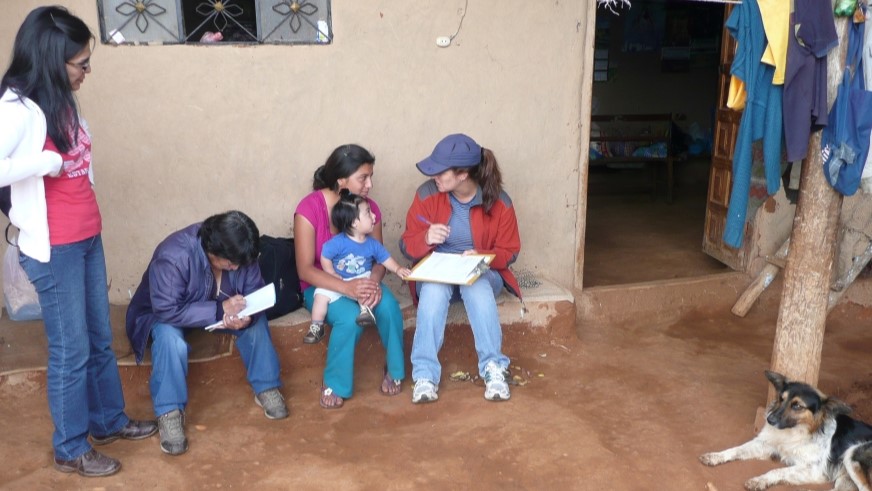
 Stefanie Abend
Stefanie Abend
 Milagros Alvarado
Milagros Alvarado
 Patricia Arnaiz
Patricia Arnaiz
 Amit Aryal
Amit Aryal
 Melina Bigler
Melina Bigler
 Emma Clarke-Deelder
Emma Clarke-Deelder
 Daniel Cobos Muñoz
Daniel Cobos Muñoz
 Don de Savigny
Don de Savigny
 Issa Djanikro
Issa Djanikro
 Anna Duchenko
Anna Duchenko
 Fatemeh Ehteshami
Fatemeh Ehteshami
 Günther Fink
Günther Fink
 Harsh Vivek Harkare
Harsh Vivek Harkare
 Stella Hartinger
Stella Hartinger
 Kristen Hinckley
Kristen Hinckley
 Lena Jäggi
Lena Jäggi
 Najmeh Karimian-Marnani
Najmeh Karimian-Marnani
 Stephanie Khoury
Stephanie Khoury
 Pei Shan Loo
Pei Shan Loo
 Georg Loss
Georg Loss
 Amilcar Magaço
Amilcar Magaço
 Daniel Mäusezahl
Daniel Mäusezahl
 Rebeca Revenga Becedas
Rebeca Revenga Becedas
 Carmen Sant Fruchtman
Carmen Sant Fruchtman
 Soukvixay Sikhanxay
Soukvixay Sikhanxay
 Maryam Tavakkoli
Maryam Tavakkoli
 Fabrizio Tediosi
Fabrizio Tediosi
 Firew Tiyare
Firew Tiyare
 Jordyn Wallenborn
Jordyn Wallenborn